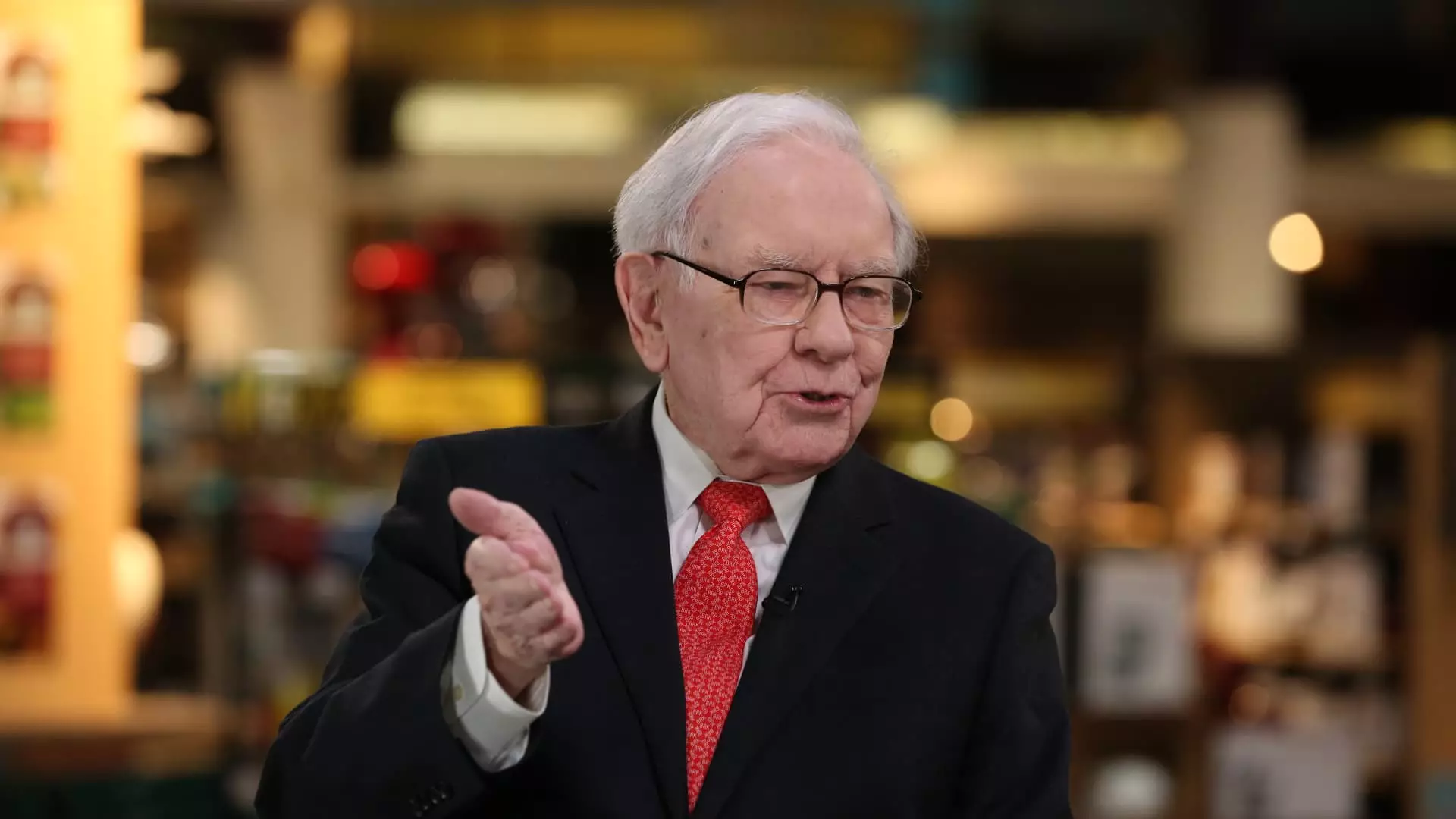The prospect of a trade war is a specter that looms large, especially when discussing the potential policies of President-elect Donald Trump. His aggressive stance on imposing tariffs has reignited fears reminiscent of previous trade conflicts that took place during his last term in office. This ongoing uncertainty has prompted experts, including prominent figures like Warren Buffett, to weigh in on the potential repercussions of such measures. Buffett has voiced concerns that the ripple effects of tariffs could lead not only to inflationary pressures but also to a significant global economic downturn. A trade war doesn’t just hurt the nation instigating it; rather, it reverberates through interconnected economies around the globe.
Warren Buffett, the famed investor known as the “Oracle of Omaha,” has drawn attention to the immediate and long-lasting consequences tariffs can inflict on consumers. He argues that tariffs function as a tax, effectively increasing prices and altering purchasing behaviors. In an insightful commentary during an interview, he elaborated that while the benefits of free trade are often understated, the negative impacts of tariffs are immediate and recognizable. For consumers, the stark reality is that they may not fully grasp the price dynamics at play in a world where trade is restricted until they are suddenly faced with higher costs due to tariffs.
In his perspective, uncertainty around trade policy leads to significant shifts in consumer behavior and production locations. Many consumers remain blind to how their current purchasing habits are influenced by globalization and free trade agreements. Should these frameworks crumble, as they would under a regime of substantial tariffs, the results could be prices that are dramatically higher for everyday goods, which would be felt in immediate terms at retail outlets.
Moreover, Buffett emphasizes the critical role that leadership plays in guiding public understanding of trade policies. He argues that a good leader must act as an “educator-in-chief,” clarifying the rationale behind complex decisions that can drastically alter economic landscapes. This is particularly relevant in today’s climate where social media can amplify political messaging, which may not always provide the full context needed for public comprehension. According to Buffett, leaders must bridge knowledge gaps with informative discourse rather than merely issuing threats in order to gain leverage in negotiations.
There are mixed interpretations regarding the strategies of political figures such as Trump. Some analysts suggest that threats of tariffs might serve as a negotiating tactic aimed at achieving broader policy goals, such as addressing illegal immigration and curbing drug trafficking. However, the fear remains that such tactics can escalate into a full-blown trade war characterized by a retaliatory cycle of tariffs that could destabilize economic relationships.
The discussion surrounding tariffs and trade policy remains crucial. As historical precedents demonstrate, the implications of trade wars can extend far beyond national borders, affecting global economic stability and consumer welfare. Buffett’s warnings resonate as a reminder that while the allure of protective tariffs may seem appealing in the short term, the long-term consequences could lead to economic challenges that impact all facets of society. Moving forward, it is essential for leaders to adopt thoughtful trade practices that prioritize education and transparency, ensuring that the intricacies of economics are shared with the public to foster a well-informed citizenry.


Leave a Reply